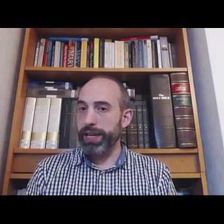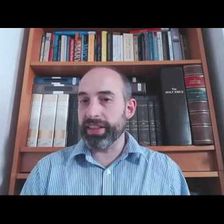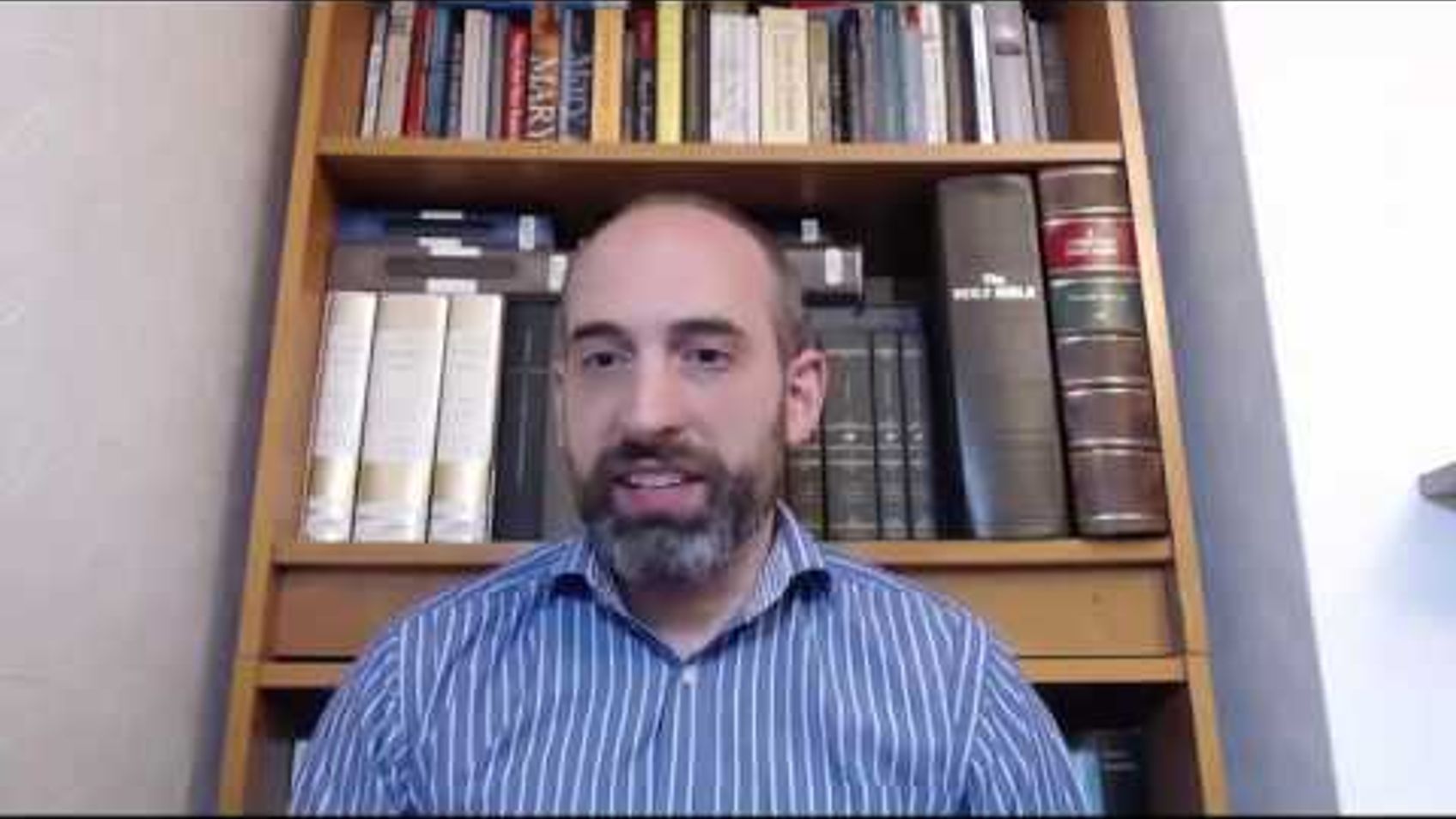Q&A#140 Daily Quiet Time

Today's question: "Evangelicals have been enamored with the “quiet time” of daily Bible reading and prayer, but it often seems to be focused on reading a chapter quickly, avoiding eisegesis as best as possible, and then praying through a short list. Do you have any thoughts on the typical approach to “quiet times”? Is “devotional” reading of Scripture different for you than other times you read scripture during the day? How does that connect to prayer? Thanks for your thoughts."
My blog for my podcasts and videos is found here: https://adversariapodcast.com/. You can see transcripts of my videos here: https://adversariapodcast.com/list-of-videos-and-podcasts/.
If you have any questions, you can leave them on my Curious Cat account: https://curiouscat.me/zugzwanged.
If you have enjoyed these talks, please tell your friends and consider supporting me on Patreon: https://www.patreon.com/zugzwanged. You can also support me using my PayPal account: https://bit.ly/2RLaUcB.
The audio of all of my videos is available on my Soundcloud account: https://soundcloud.com/alastairadversaria. You can also listen to the audio of these episodes on iTunes: https://itunes.apple.com/gb/podcast/alastairs-adversaria/id1416351035?mt=2.
More From Alastair Roberts






More on OpenTheo















